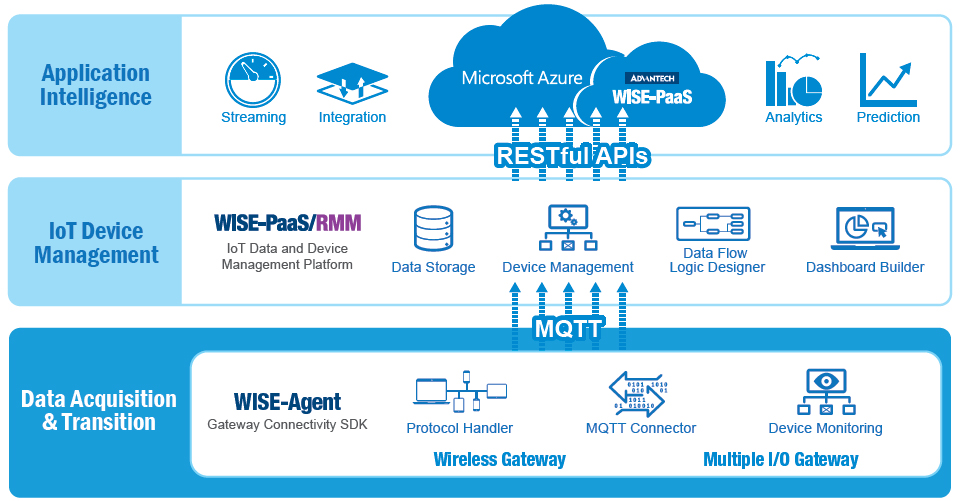|
Introduction: In the rapidly advancing technological era, virtual assistants have emerged as a game-changing innovation. These intelligent software programs are designed to perform tasks and provide services by understanding natural language commands. This article explores the evolution of virtual assistants and their impact on various aspects of our lives. The Rise of Virtual Assistants: Virtual assistants, also known as digital or AI assistants, have gained prominence with the advent of artificial intelligence and machine learning technologies. They can be found in smartphones, smart speakers, and other connected devices. Apple's Siri, Amazon's Alexa, Google Assistant, and Microsoft's Cortana are some well-known examples. Functionality and Capabilities: Virtual assistants are equipped with a wide range of capabilities, making them versatile tools for users. They can perform tasks such as setting reminders, answering questions, sending messages, making calls, playing music, managing calendars, providing weather updates, and even controlling smart home devices. As they learn from user interactions, their functionality continues to expand. Natural Language Processing (NLP): The success of virtual assistants lies in their ability to understand and process human language. NLP plays a critical role in enabling virtual assistants to comprehend voice commands and respond accordingly. Through complex algorithms and machine learning techniques, they can decipher context, intent, and sentiment, allowing for more accurate and personalized interactions. Personalization and Adaptability: Virtual assistants offer personalized experiences by adapting to individual users' preferences and habits. They can learn about users' interests, search history, and behavior patterns to provide tailored recommendations and suggestions. This level of personalization enhances user engagement and convenience, making virtual assistants integral parts of daily life. Impact on Productivity: One significant benefit of virtual assistants is their impact on productivity. By automating routine tasks, they free up time for individuals to focus on more critical activities. Virtual assistants can schedule appointments, manage to-do lists, and provide timely reminders, helping users stay organized and efficient. Voice Commerce and E-commerce Integration: Virtual assistants have facilitated the integration of voice commerce into our daily lives. Users can now make purchases, book services, or order food by simply using voice commands. This seamless integration with e-commerce platforms has transformed the way we shop and interact with businesses. Challenges and Ethical Considerations: Despite their numerous advantages, virtual assistants also pose challenges in terms of data privacy and security. As they collect vast amounts of personal information, there is a need for strict safeguards to protect user data from unauthorized access or misuse. Additionally, ethical considerations arise regarding the dependency on virtual assistants and the potential for biased outcomes based on algorithmic decision-making. Conclusion: Virtual assistants have revolutionized the way we interact with technology. With their increasing capabilities and widespread adoption, they continue to shape our daily lives, making tasks more convenient and efficient. However, it is essential to strike a balance between leveraging their benefits and addressing potential challenges to ensure a responsible and sustainable integration of virtual assistants into our technologically-driven world.  |
